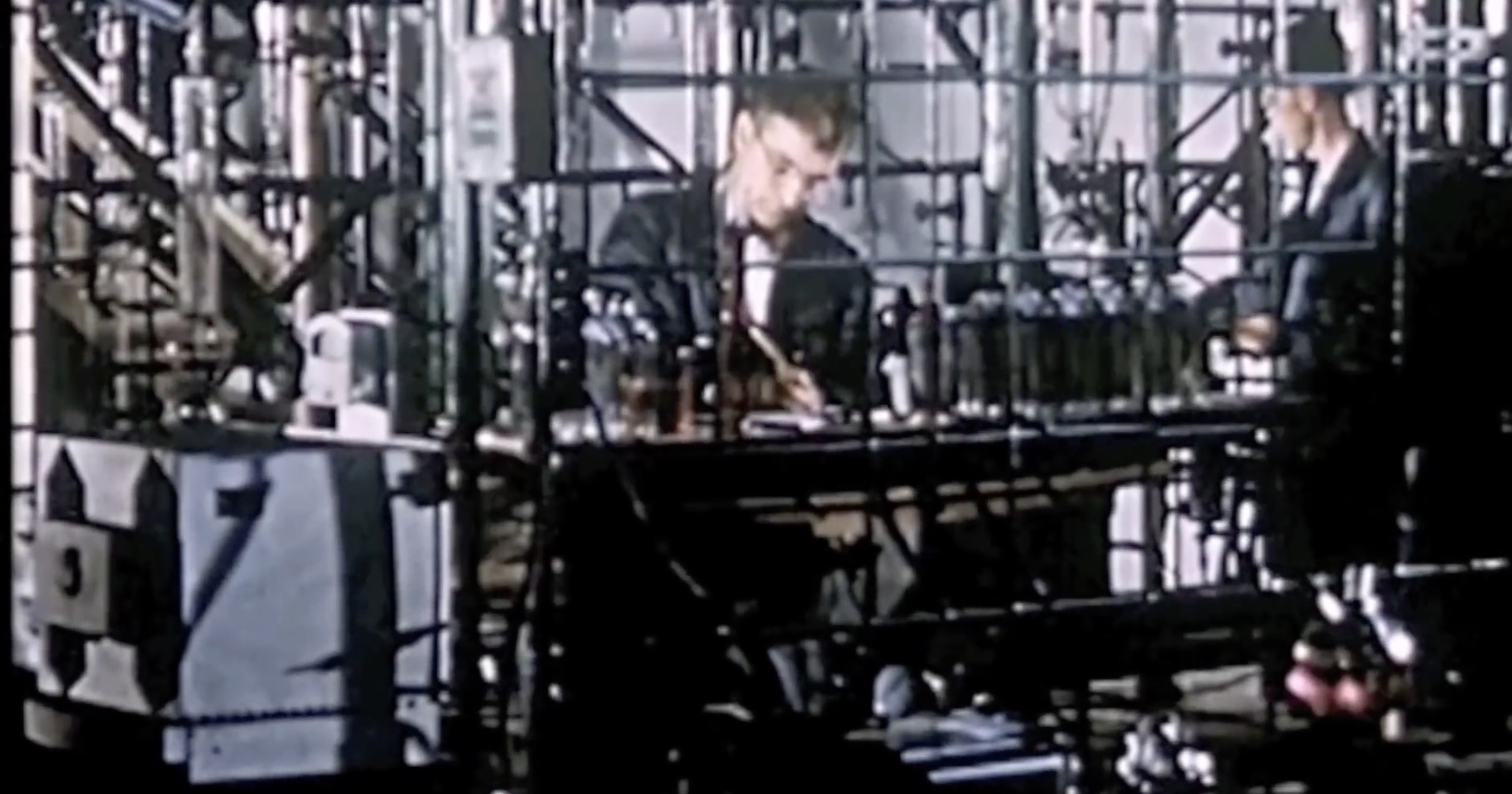 Culture & Ethics
Culture & Ethics
Why C. S. Lewis Wrote The Abolition of Man

Editor’s note: Published on August 16, 1945, C. S. Lewis’s That Hideous Strength is a dystopian novel that eerily reflects the realities of 2020, putting into a memorable fictional form ideas expressed in Lewis’s non-fiction work, The Abolition of Man. To mark the former book’s three-quarter century anniversary, Evolution News presents a series of essays, reflections, and videos about its themes and legacy.
James A. Herrick is the Guy Vander Jagt Professor of Communication at Hope College in Holland, MI. His books include The Making of the New Spirituality: The Eclipse of the Western Religious Tradition.
This post is adapted from Chapter 10 of The Magician’s Twin: C. S. Lewis on Science, Scientism, and Society, edited by John G. West. See also:
Profound concerns about the direction of Western education and science prompted C. S. Lewis to pen the three lectures that were first published as The Abolition of Man in 1944. In the third talk Lewis argued famously that the power to affect the entire subsequent history of the human race will be determined by a few technologists and bureaucratic planners who alter foundational components in human biology.
The three brief chapters making up The Abolition of Man — “Men without Chests,” “The Way,” and “The Abolition of Man” — were originally presented as the Riddell Memorial Lectures at the University of Newcastle in February of 1943. In the most discussed lecture and the one from which the book takes its title, Lewis warns that “if any one age really attains, by eugenics and scientific education, the power to make its descendants what it pleases, all men who live after it are the patients of that power.” Far from being freer and better humans, these new creatures will be “weaker, not stronger: for though we may have put wonderful machines in their hands we have preordained how they are to use them.”1 As a result of sophisticated biotechnology, “Man’s conquest of Nature, if the dreams of some scientific planners are realized, means the rule of a few hundreds of men over billions upon billions of men.” Lewis concludes: “The final stage is come when Man by eugenics, by pre-natal conditioning, and by education and propaganda based on a perfect applied psychology, has obtained full control over himself. Human nature will be the last part of Nature to surrender to Man. The battle will have been won.”2
A Deep Suspicion
Lewis’s deep suspicion of modernist educational projects, subjectivism about morality, and progressive scientific planning animates these lectures. He was particularly concerned about biotechnological experimentation with humanity as its “patient,” a possibility he also explored in That Hideous Strength. In both works Lewis casts a dark vision of the human race redesigned by scientific programmers who have stepped outside the Tao.3 Should such a project succeed, every individual human being eventually would reflect in her or his very cells a new nature crafted by technologists. The new human nature would mirror a moral vision founded on popular but largely unexamined mythologies such as progress and evolution, narratives shaping even scientific planning. Lewis wrote famously, “For the power of Man to make himself what he pleases will be the power of some men to make other men what they please.”4 These “man-moulders of the new age will be armed with the powers of an omnicompetent state and an irrepressible scientific technique: we shall get a race of conditioners who really can cut out all posterity in any shape they please.”5
For the Conditioners — Lewis’s label for the scientists and bureaucrats at work on the new humanity — values and emotions are mere physical phenomena to be produced or repressed in students through education informed by advanced psychology. Breaking with past traditions, values become an educational outcome to be propagated rather than a deeply rooted moral awareness to be refined, “the product, not the motive, of education.” The Conditioners will acquire the capacity to “produce conscience and decide what kind of conscience they will produce.”6
Future academic and governmental elites will define “good” and then set about producing this invented good in humankind by a combination of educational technique and biotechnology. According to Lewis, they “know quite well how to produce a dozen different conceptions of good in us,” though guided by no external, objective standard of good themselves. Ignoring the timeless Tao, the Conditioners become the arbiters of good and bad.7 But, for Lewis, to step outside the Tao is to sever one’s moral connection with all previous human experience, in essence, to cease to be human. To propagate this moral rupture by technological means is to create, not an improved human race, but a race that is no longer human; this is the abolition of man.
Tomorrow, “C. S. Lewis, Science, and Science Fiction.”
Notes
- C. S. Lewis, The Abolition of Man (New York: Macmillan, 1947), 36.
- Ibid., 37.
- Lewis provides readers a formulation of the Tao as an appendix to The Abolition of Man.
- Lewis, Abolition of Man, 37.
- Ibid., 38.
- Ibid., 39.
- Ibid., 39.
